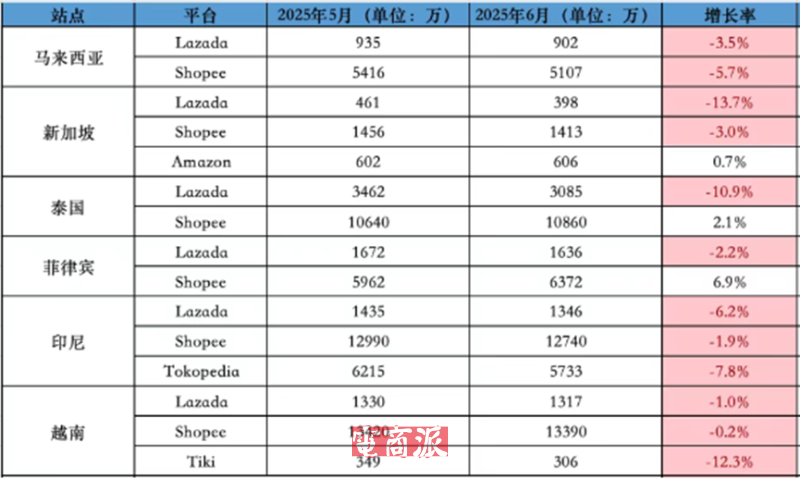constructor

Constructor
in the context of programming
is a special method that is automatically called when an object is created. It is used to initialize the object's state or to perform any other setup that needs to be done before the object can be used. Constructors are an important concept in object-oriented programming
as they allow us to ensure that our objects are properly initialized and ready to be used.
In many programming languages
including Java
C++
and Python
constructors are defined using the same name as the class they belong to. When an object is created using the "new" keyword
the constructor is called automatically to initialize the object's state. Constructors can take parameters
which are used to provide initial values for the object's member variables.
One important feature of constructors is that they can be overloaded. This means that a class can have multiple constructors with different numbers or types of parameters. This allows us to create objects in different ways
depending on the parameters we pass to the constructor.
For example
let's consider a simple class called "Person" that represents a person's name and age. We can define a constructor for this class that takes two parameters
one for the person's name and one for their age:
```java
public class Person {
private String name;
private int age;
// Constructor with parameters
public Person(String name
int age) {
this.name = name;
this.age = age;
}
// Getters and setters
public String getName() {
return name;
}
public void setName(String name) {
this.name = name;
}
public int getAge() {
return age;
}
public void setAge(int age) {
this.age = age;
}
}
```
In this example
we have defined a constructor for the Person class that takes a name and an age as parameters. When we create a new Person object
we can pass these parameters to the constructor to initialize the object's state:
```java
Person person1 = new Person("Alice"
30);
Person person2 = new Person("Bob"
25);
```
In the first line
we create a new Person object named "Alice" with an age of 30. In the second line
we create another Person object named "Bob" with an age of 25. By using constructors
we ensure that our Person objects are properly initialized before we use them.
In addition to initializing member variables
constructors can also perform other tasks
such as allocating memory or opening files. Constructors can be used to set up the initial state of an object and make sure that it is ready for use. They are an essential part of object-oriented programming and are used in almost every program that involves creating and working with objects.
In conclusion
constructors are special methods in programming that are used to initialize objects. They are automatically called when an object is created and can take parameters to initialize the object's state. Constructors are an important concept in object-oriented programming
as they allow us to ensure that our objects are properly initialized and ready to be used. By understanding and using constructors effectively
we can create well-designed and reliable programs that make use of the power of object-oriented programming.
 邮件群发-邮件群发软件|邮件批量发送工具|群发邮件平台|批量邮箱发送系统公司
邮件群发-邮件群发软件|邮件批量发送工具|群发邮件平台|批量邮箱发送系统公司








